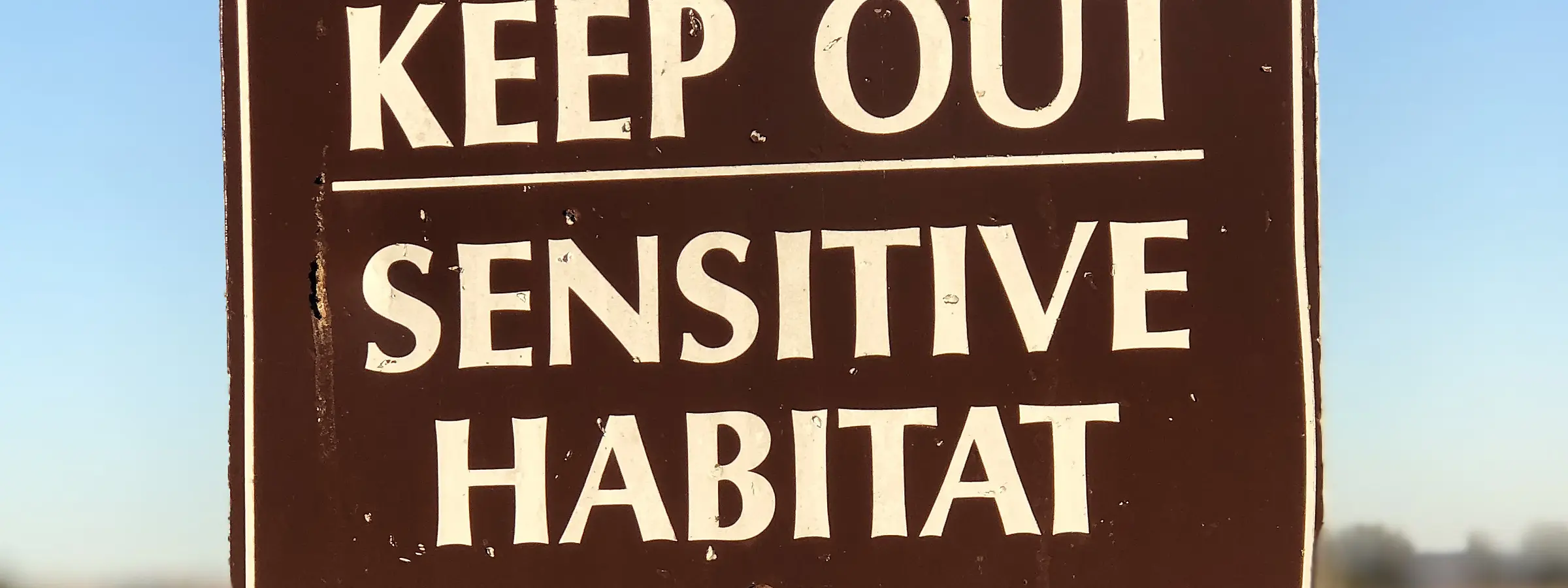Even in the modern world that takes pride in diversity, equal opportunities, and tolerance, there is a significantly worrying trend emerging — using certain behavioral standards as weapons to mute, bruise, and punish people with conservative ideologies. Codes of conduct that were designed to manage interactions between people and make the society a better place have, more often than not, evolved to be mechanisms for enforcing orthodoxy. Now, they are used to silence those who wish to express unconventional thoughts. This represents reverse evolution case – it is societal repression masquerading as politeness.
Illusive Goodness Versus the Profound Truth
What seems as conduct policies, looking from a distance can generally be perceived as some good. They should be aiming toward enabling the creation of decent, orderly, free, non-relenting forums, workplaces, schools, and even societies. Their purpose is the mitigation of offensive and unwelcome behavior, which could be bullying, discriminatory, and violent in nature. Conduct policies are incredibly flawed – they have been radically redefined. Rather than result in real acceptance, let alone actively promoting it, they actively abandon those who do not comply with rigid leftist policies.
Voices of reason—those who support limited government, traditional value systems free markets, or even open dialogue—seem to be always on the defensive side. This is due to the fact that having a dissenting opinion and holding certain beliefs or questioning popular narratives can be deemed as “exclusionary,” “offensive,” or “harmful.” When these labels have been applied, the results could be catastrophic: social isolation, professional damage, or even public shunning.
The Double Standards in the Name of “Inclusivity”
The irony is infuriating. Codes of conduct are created with the intention of inclusivity but can often be used in a way that is completely exclusionary. Think of the following scenarios:
- For having a “controversial” view, a well known author is barred from a competition.
- A university student gets reported for supporting free speech during a discussion on cancel culture and thus violating the campus conduct.
- An employee is reprimanded for posting what someone in HR considers “hate speech” on social media.
- A speaker who many consider “out of step” with the traditional values of marriage is disinvited because other members of the organization do not share his view and think these values do not coincide with their organizational beliefs.
In all of the above examples, the code of conduct is not being employed to mitigate the risk of danger; rather, it serves to ensure a specific level of ideological discipline is practiced. The idea is straightforward: some opinions will never be accepted here. It is not inclusivity; it is the enforcement of ideological boundaries.
The Chilling Effect on Expression
The enforcement of codes of conduct serves to chill free expression. Autonomy is quelled when one’s speech is met with the potential for occupationally condoning or socially ostracizing them. Individuals cease to participate in discussions during meetings, do not express their views on social media, and avoid sensitive subjects entirely. This is not simply a concern for people on the right; it is a concern for every individual who appreciate free discussion and differing opinions.
Think of a workplace where employees shun debates on politics, religion, or any other popular topics for fear of violating the code of conduct. Picture a class where students do not dare disabuse the professor’s views because they fear being flagged for “hostile environment” behavior. It is clear that this does not cultivate a positive environment for free exchange of ideas; it creates a restrictive culture characterized by intimidation and rigid uniformity.
Paradoxical Nature of “Tolerance”
Out of everything, this has to be the most upsetting part of the current shift: the deception it shows. The people who call themselves advocates of acceptance and inclusion usually exercise the least amount of it when it comes to accepting different ideas. They talk about the need to hear the voices of the oppressed—unless they happen to be conservative. They push for open-mindedness—but simple agreement with their worldview. This kind of tolerance diminishes and replaces everything it seeks to defend.
Real tolerance does not mean accepting everybody’s views; it is respecting others’ right to have differing viewpoints. It means inviting well-intentioned arguments instead of quelling opposition. It means admitting that differing opinions are vital for a society to be healthy and functional.
A Call to the Counterattack
Allocating codes of behavior as weapons is something I think we need to revisit. These conduct rules must stop being used as an instrument of ideological control and enforced in a biased manner. There must be an allotting of individual rights to accept conservative positions with no expectation of punitive action following. Recasting the idea that some views are so radical or hurtful that they cannot be publicly expressed must also be done.
Keep in mind: so-called “hate speech” does not exist—only speech that is disliked exists.
This discussion is not solely about defending conservative viewpoints. It’s also about safeguarding free speech, open debate, and real differing opinions which form the basis of a society. If we permit codes of conduct to be used as rifles, we create a scenario in which only select viewpoints are permissible, and that most of us would not want to exist.
Summary
Codes of conduct should aim at promoting tolerance and respect instead of enforcing ideologies. These should shield individuals from real damage rather than noises that are disturbing. In addition, they should seek to shut up the talks instead of encouraging them.
With regard to those who use these codes as shields, I wonder: what kind of world do you intend to construct? A world where opposition is punished and obedience awarded? If that is where you are headed, then it’s time to consider changing these codes.
To the people who have been made to feel voiceless, I say: everything matters, including your perspectives and your values. Maintain your position, speak up against wrongdoing, and fight for the right to self-expression without intimidation. In the end, the debate regarding free speech is not just for the conservatives; it is for everyone who appreciates freedom and the multi-faceted nature of society.










